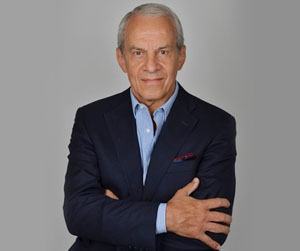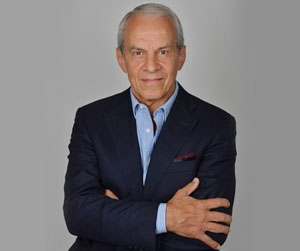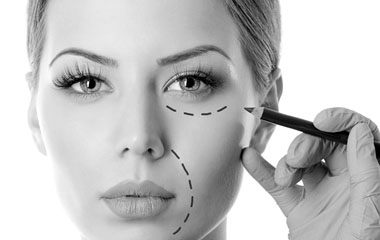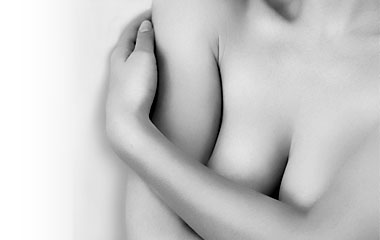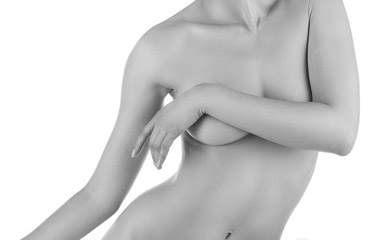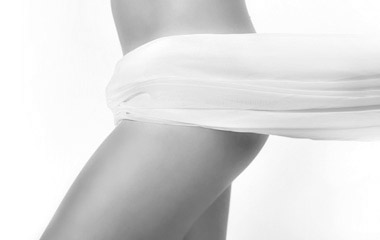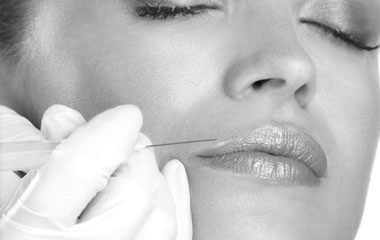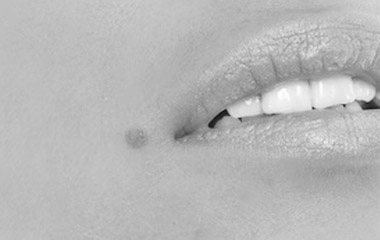The natural aesthetic
The motivation for aesthetic surgery or an aesthetic medicine treatment is most often a deep need dependent on the intuition of the patient who feels that this or that physical defect prevents him (or her) from being his true self because his appearance does not correspond to the reality of who he feels he is.
The patient's relatives understand, sometimes with difficulty, that this motivation is not dictated by reason but by the feeling that the correction of the defect will improve our well-being.
The motivation is therefore not from the eyes of others but from our own view of our appearance and who we feel we are. It is this consistency between our being and our appearance that allows us to feel "comfortable in our own skin".
To arrive at this result, aesthetic interventions or treatments must result in a perfectly natural aspect in harmony with the non-operated regions.
A natural result depends on this harmony of the whole.
For my part, after more than twenty years of aesthetic treatments whether for the face or the body, I have selected the techniques and treatments that give the most natural results with the least visible traces and the shortest and most discreet scars possible.
It is for this reason that, in particular for aesthetic surgery of the breasts, I created and published the "Round Block" technique which allows treating many sagging or hypertrophic breast problems with a single scar around the areola. Therefore, the latter is relatively discreet, avoiding vertical scars or the crease under the breast.
My motivation to practice the techniques which leave the least possible traces remains the guiding principle of treatments that I propose whether for surgery on the face or on the body.
Every patient is different, every patient has a history and a personality. When looking for a surgical solution and choosing the right technique, I try to get a good understanding of the individual expectations of each patient that comes to see me. Usually, they are not looking to be transformed, but simply to feel more like themselves by correcting the physical defect that is out of line with the rest of the face or body.
Beyond the aesthetic improvement, this new harmony has a beneficial impact on personal balance, self-confidence, and ability to open up to others and accept them as they are.
